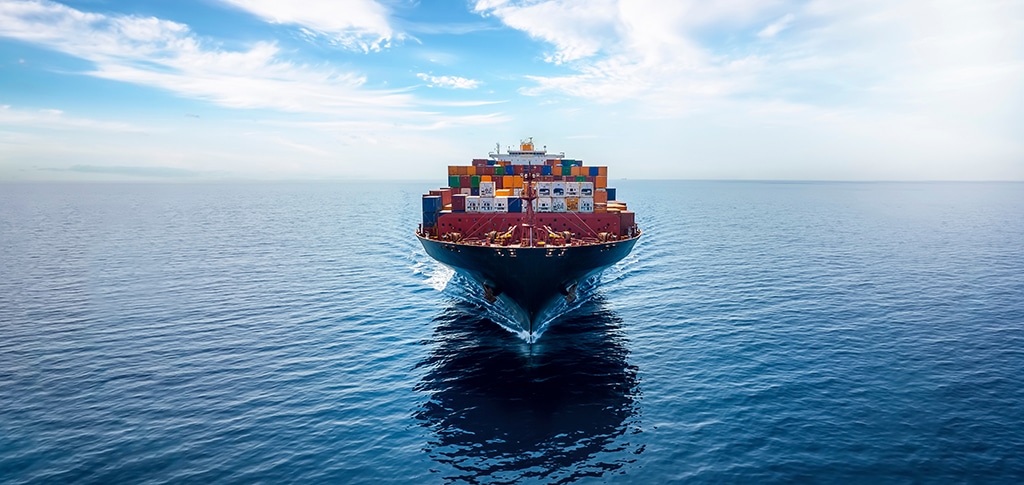Technological developments key to reducing maritime sector emissions, finds new DNV report
Strategic Energy Efficiency and Digitalization Key to Maritime Decarbonization by 2050

DNV’s latest Maritime Forecast to 2050 report underscores the critical role of energy efficiency and digital technologies in achieving the International Maritime Organization’s (IMO) greenhouse gas (GHG) emission reduction targets. With carbon-neutral fuels in limited supply, the report highlights that prioritizing technologies that reduce energy consumption is essential for shipping to meet its 2030 decarbonization goals.
AI and Big Data Analytics Reshape Demand Forecasting for Container Shipping
The forecast reveals that shipping will require between 7 and 48 million tonnes of oil equivalent (Mtoe) of carbon-neutral fuels by 2030. However, the global production of these fuels is projected to be insufficient, making it challenging for the maritime sector to secure its needed share. As regulatory frameworks like the EU Emissions Trading System (ETS) begin to impose costs on emissions, shipowners and managers must explore every possible avenue to reduce fuel consumption.
The report also emphasizes the potential of onboard carbon capture (OCC) as a powerful tool for decarbonization, enabling the continued use of conventional fuels. Additionally, digitalization is highlighted as a key element in optimizing vessel performance and supporting the next generation of energy-efficient ships. By embracing energy efficiency, technological solutions, and digital tools, the maritime industry can lay a solid foundation for future emissions reductions and navigate the path towards sustainable shipping.
